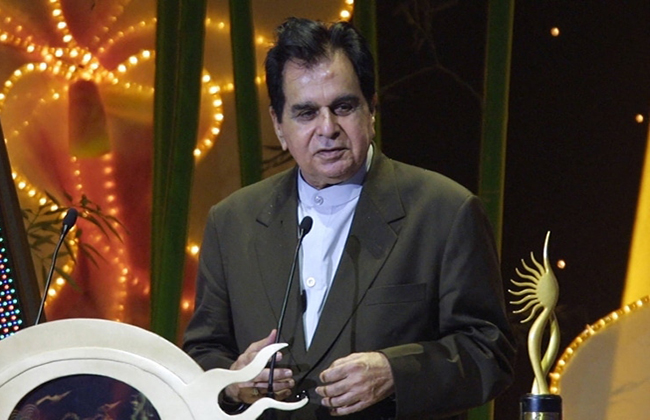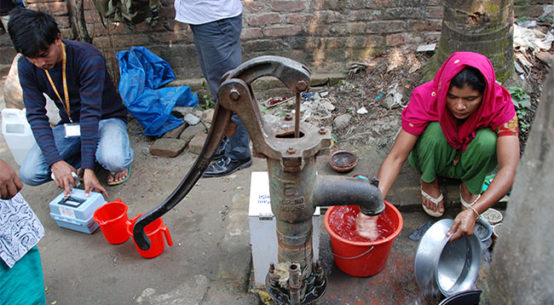
Ah Mr. Dilip Kumar, breeder of dreams and fantasies, master of absurd and extreme examples of love and hate, nobility and grandeur , right and wrong, you are now past all this. How shall we remember you and who shall remember you is not easy. You were almost a century of years old at 98 and probably decided it was time to say Goodbye. So let it be.
The cause of your death and the attendant details are quite unnecessary because only a real life human person dies. You were just so bigger than life that in all probability, you will never die. You have just replaced one set of memories with another and moved into a realm where the unreal is the biggest fact. And you shall live from now on in that world where fact and fiction becomes one.
As a person who was almost reaching a century, he will be remembered by an older generation better and one may face the rather unusual task of trying to explain how a real life dream looks like. Let’s just say that he was the greatest male star of his time and together with some of the greatest female stars created a world which wove the dream through whose lenses generations saw the world.
He created a world which became greater and more real than the actual world. That is why he was the legitimate king in an age when producing films was equivalent to production of alternative worlds. And he was largely successful in that endeavor.
Yet it’s curious that he was synonymous with tragedy but then time and space demanded that, the suffering hero unable to control his fate and future. Tragedy was not a king by accident, the semiotics of the era insisted that life was a tragedy. He represented that collective perception.
He was popular at a time when India was undergoing the birth pains of post-colonial independence and they were not pleasant experiences. However, that didn’t mean that the spirit of the Indian Man was broken . So he portrayed the contradictions and they were many. They could be tradition versus liberalism as the Prince in Anarkali wants to marry a lowly dancer to the mocking of politicians in another film “Sharabi” where the drinking hero has to come to terms with the wheeling and dealing of that world. If he gave in to a moment’s lust in Insaf, in the end he did the honorable thing by marrying the servant girl breaking up with his fiancée. There were many other tales but at least one, “Kashmir ki Kali” had a far less complex narrative and showcased not only the beautiful Kashmir valley but his future wife as well, Saira Banu.
As he left the film world as age came in to play the tune, he became the senior citizen of the Bollywood world. It’s not that his life was full of great moments because his real life was not very different from that of another Indian, full of ups and downs and sideways too. But then he was not a real person but a person built by dreams. That he could become so was his greatest triumph.
Farewell Mr. Khan. That you were known as Dilip Kumar was the most apt description of your life and its meaning of the fantasy and the real living together in the same person.


